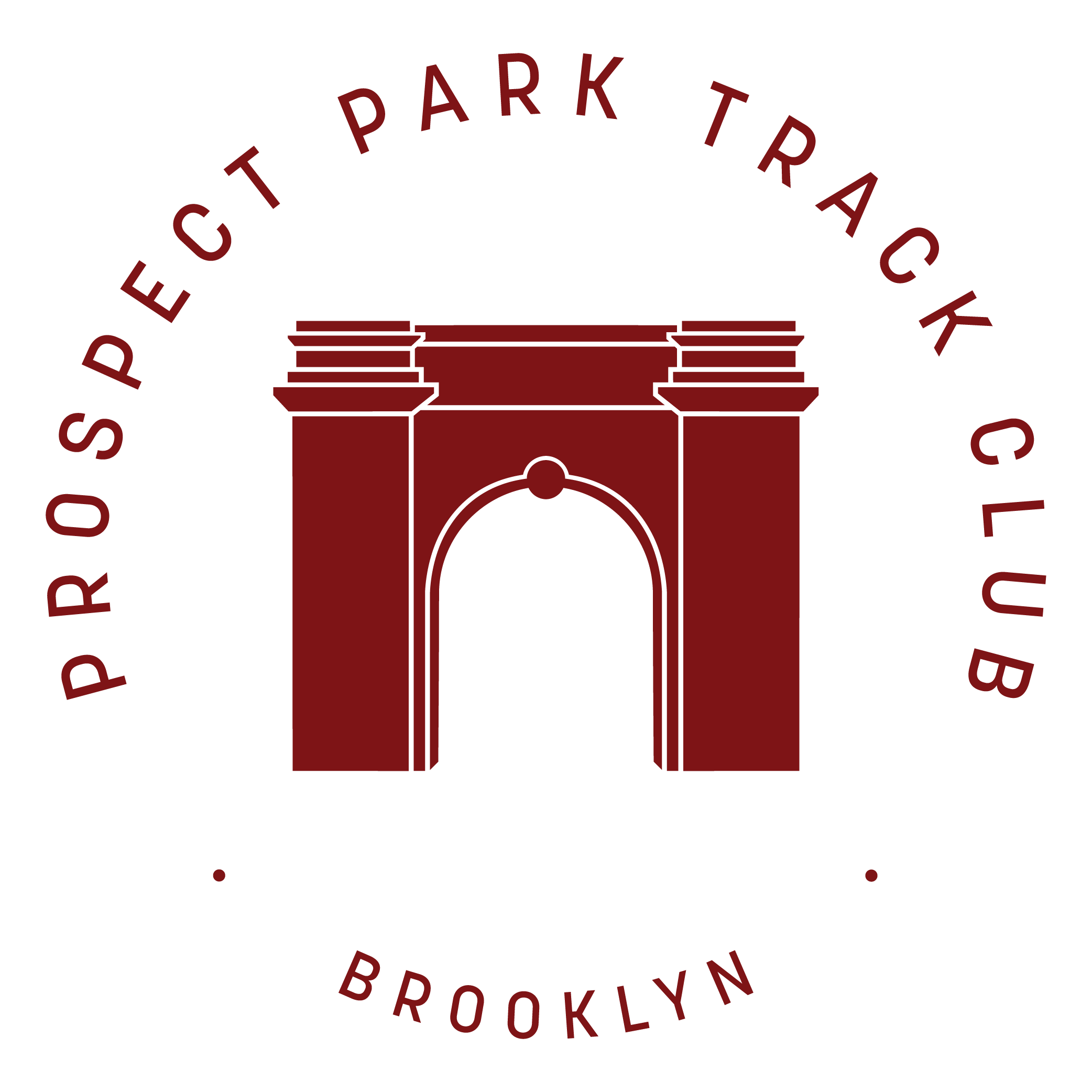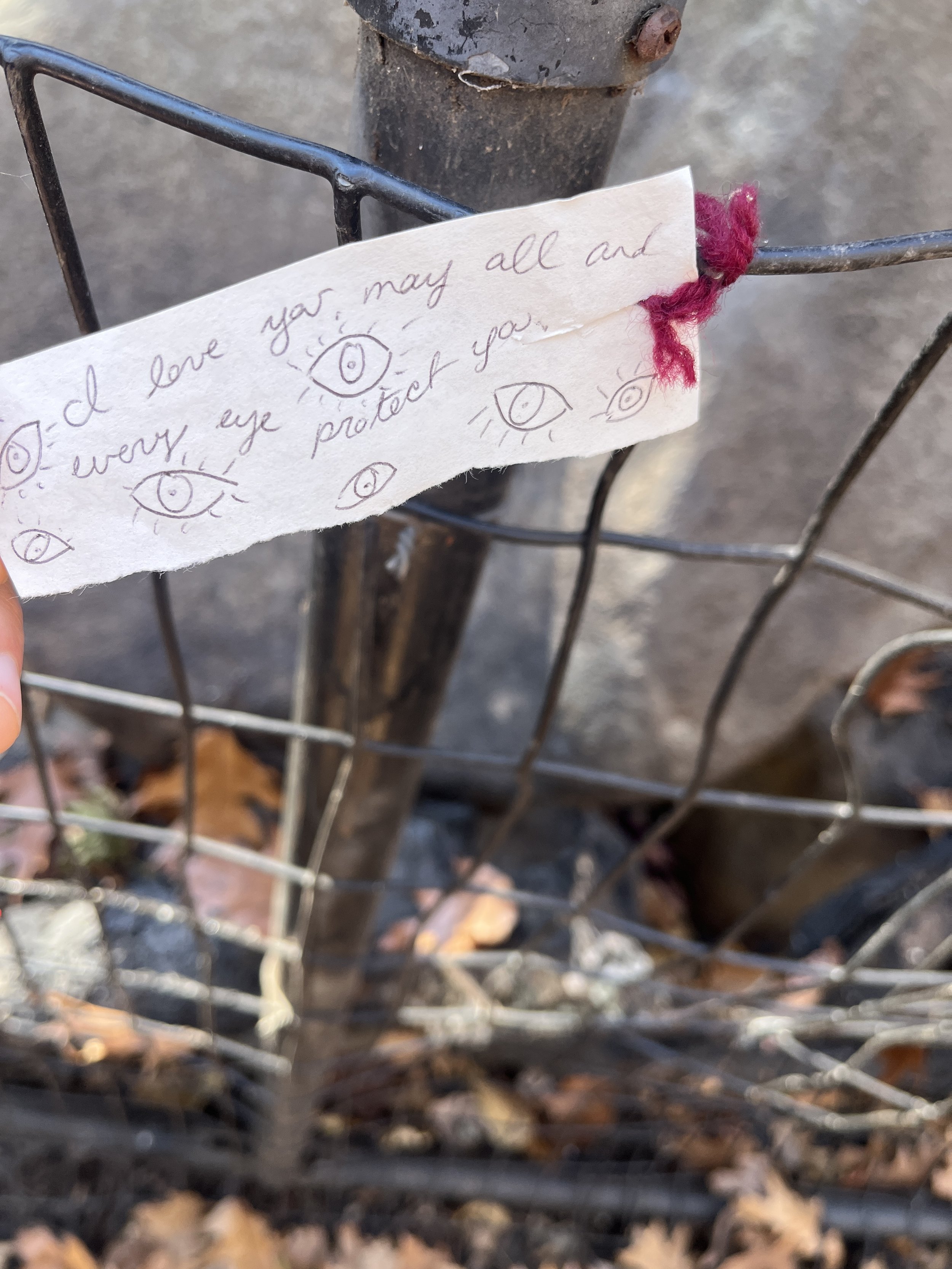Wildfires in NYC: Fall 2024 and Beyond
Editoral Note (1/8/25): Given the fires which started since this piece has been posted , I’d like to acknowledge the ongoing impact of the Eaton and Palisades Wildfires on Southern California. These wildfires which both started on Tuesday, January 7th, have already led to the death of five people, injured many others, and placed 130,000 people under evacuation orders. If you’d like to help aid residents affected by the wildfires, check out this article by the LA Times, which lists many ways to assist.
From late 2019 to early 2020, we watched in horror as Australia burned and we’ve long known of devastating wildfires in California. In early June 2023, smoke from Canada’s wildfires filled the air, tingeing New York City’s sky an eerie orange. We all scrambled inside, dug out our masks, and searched for air purifiers. Yet, as we saw the world burn and earth issued warnings, the Northeast hadn’t yet been enflamed. That is, until this fall.
From September 30th to October 28th 2024, the city went without rain for 29 days, the only time the city experienced less rainfall was exactly 100 years ago from October to November 1924. This fall, more than 90 days went by without significant precipitation, the drought warning was issued for the first time in 22 years and lasted until mid-December while the drought watch lasted until January 3rd 2025.
Ten days after the fire, I visited Prospect Park’s Ravine, the site of the fire. The most telling sign of damage was the pungent smell of smoke.
In the midst of this dry spell, fires ripped through the tristate area. From October 2024 to mid-November 2024 there were 860 wildfires across New York, New Jersey, and Connecticut. New York City had 270 brush fires in November alone, which is a historical record. The larger fires in Inwood Hill Park, Van Cortlandt Park, and Prospect Park were particularly devastating. As only about 5% of land in NYC is natural or preserved these areas are sacred and are considered a backyard for many New Yorkers. Over half of Van Cortlandt Park is designated as part of the Forever Wild Nature Preserves, which are areas known for their rare and native plants and animals. Inwood Hill Park is home to some of the only natural marshes and forests in Manhattan and Prospect Park’s fire impacted the Ravine which is a Forever Wild Area of the park.
Park goers left sweet love notes on the fence wishing the park healing.
After the influx of fires this fall, it's safe to say that wildfires are here. The impact they can have on our lives is significant, affecting our air quality, breathing, and the land. This means increasing our awareness of the weather and safety precautions daily and especially as we head outside or prepare to run in the park. Checking the AQI (Air Quality Index) before going outdoors has become a standard practice for many, as has donning N95 masks, and opting to run on the treadmill when the AQI is above one hundred, but checking for drought status and being mindful while in the park can be vital to protecting the land.
If you are wondering more about the wildfire and what we can do for Prospect Park, the Park Alliance did post an article and their representative, Laura Robinson, kindly answered my questions regarding the wildfire this November and the future of the park:
PPTC: Do you think wildfires will continue to be a threat to the park?
Prospect Park Alliance: Climate change has brought extreme weather events to the forefront of our lives in recent years. In Prospect Park, this has ranged from severe flooding throughout our landscapes to the recent fire in our woodland Ravine. New York City’s urban forest is one of our city's best defenses against the growing threats of climate change: Prospect Park's 30,000+ trees help clean our air, remove pollutants and greenhouse gasses, provide energy benefits, help with stormwater runoff and save our city’s sewer system from millions of gallons of water and much more. Sustaining our city's trees, including Brooklyn's last remaining forest in Prospect Park, helps ensure that these irreplaceable benefits that our city’s trees provide can remain, and help our city stay resilient in the face of climate change.
Extreme weather events like this unprecedented drought makes clear that the City needs to increase their investment in our parks. The City spends only 0.5% of the city budget on its parks, while parkland composes 14% of all city land. This disinvestment, which began in the 1970s, has led to our parks being more susceptible to climate change rather than more resilient. Every New Yorker can play their role in advocating for parks funding by joining New Yorkers for Parks: https://secure.ny4p.org/a/no-cuts-to-nyc-parks. .
The Park on November 18, 2024.
PPTC: Have prescribed burns ever been a part of the park’s maintenance? Why or why not?
PPA: Not to our knowledge. Policy is set by NYC Parks, but given that Prospect Park is a public park with millions of visits each year, for safety reasons this does not sound likely.
PPTC: Are there fire prevention methods put in place for the park?
PPA: We ask that all in our community please use caution in the park: grilling is currently banned in all NYC Parks while we experience drought conditions, and smoking and open flames are always illegal. Any fires should be reported immediately to 911. Please also note that the FDNY has created a brush fire task force: https://www.nyc.gov/site/fdny/news/047-24/fire-commissioner-robert-s-tucker-the-department-s-first-ever-brush-fire-task-force#/0.
A sign near the Ravine detailing the significance of Forever Wild Nature Preserves.
PPTC: What are your recommendations for park goers when there’s wildfire smoke in the air?
PPA: We ask that all fires be reported immediately to 911. For more on ways to stay safe in the event of air quality issues please visit the NYC Department of Health's site for tips related to fire and smoke. NYC Parks also recommends that New Yorkers sensitive to changes in air quality should continue to take appropriate precautions and check AirNow’s website for information on city air quality.
PPTC: How can the community help prevent wildfires?
PPA: We ask that all in our community please use caution in the park: grilling is currently banned in all NYC Parks while we experience drought conditions, and smoking and open flames are always illegal.
The trees and leaves surrounding the Dog Beach Pond were particularly dry in mid-November. One of the most circulated photos of the fire on November 8th was taken from the shores of Dog Beach.
PPTC: Has the park had to worry about wildfires in the past?
PPA: There have been previous fires in the park during periods of drought in prior decades. This fire however is one of the largest to impact our natural areas in light of the recent unprecedented drought conditions throughout New York City.
PPTC: What are actions PPTC members could take to help with the restoration of the area affected by the wildfire?
PPA: Donations of any size will be placed toward our efforts via prospectpark.org/fire, and we also welcome our community to volunteer in the park via prospectpark.org/volunteer. The Alliance is assessing the damage in the area impacted by the fire, and will offer volunteer opportunities to help with restoration in the Spring season, and we also offer year-round volunteer opportunities in various areas throughout the park including our upcoming Winter Corps volunteer opportunities.
Introductory text and Interview questions by: Rachael DePalma (she/her)
Interview Responses by: Laura Robinson of Prospect Park Alliance
Photos by: Rachael DePalma
PPTC is a diverse and supportive team. We want to celebrate the diversity of our club and membership. We welcome and encourage everyone to share their stories with us.





